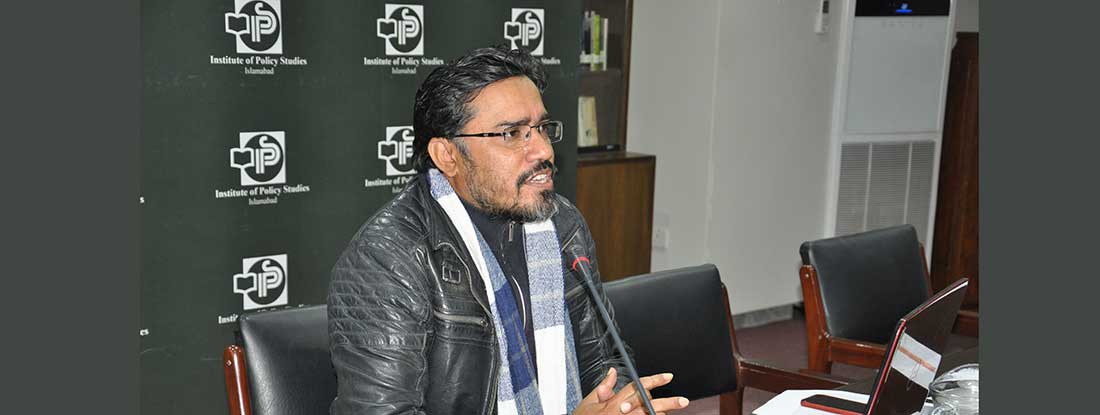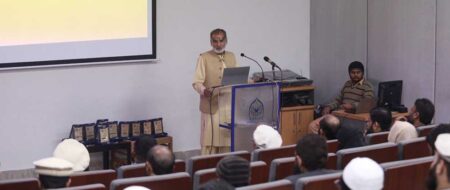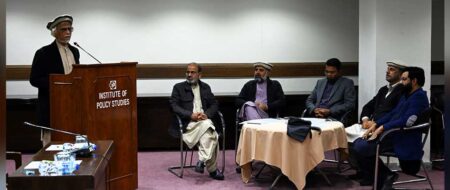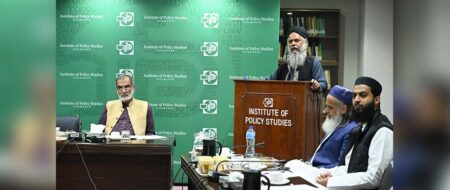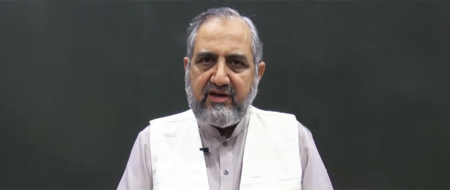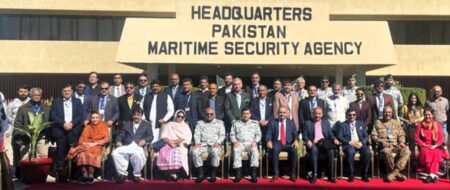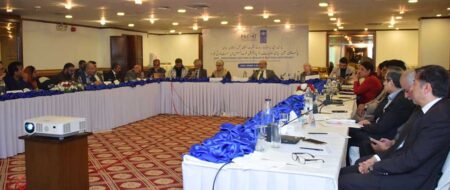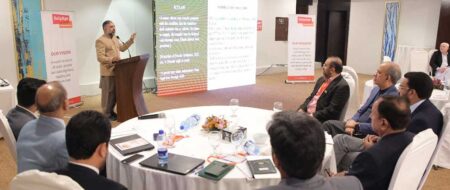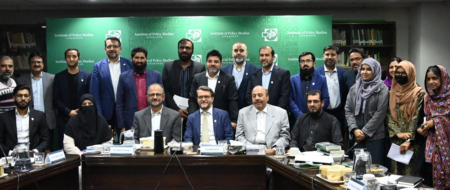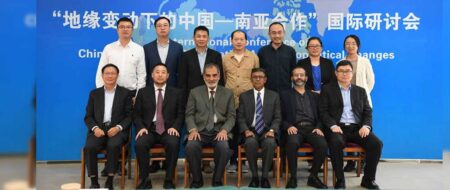“Borderland communities are culturally fluid, but politically tend to get rigid” – Dr Ghulam Hussain Sufi
A webinar titled ‘Borderland Ethics and Borderline Communities in Cholistan’ was organized by the Department of Anthropology, Faculty of Social Sciences, The Islamia University of Bahawalpur (IUB), with the active support of IPS team on June 8, 2022.
The session was addressed as keynote speaker and discussant by Dr Ghulam Hussain Sufi, research fellow at IPS, and had Dr Phillip Johannes Zehmisch, senior academic staff at the Heidelberg University, Germany, as the guest speaker. The webinar was also attended by Eng Prof Dr Athar Mehboob, vice chancellor, IUB and Prof Dr Rubina Bhatti, dean, Faculty of Social Sciences, and head, Department of Anthropology, IUB.
Dr Ghulam Hussain Sufi presented his paper on the post-Partition migration in the borderlands of Sindh. He argued that nation-building is a historically constituted process that is shaped by the shifts in local geopolitics.
He maintained that before 1971, Indo-Pak border was porous, and the political identities of the communities inhabiting Tharparkar had not hardened enough. By the time fencing was finished, the political identities on both sides had hardened and both Hindus and Muslims in Tharparkar came to identify themselves as Pakistani citizens.
VC-IUB also addressed the session and thanked all the team for organizing a successful seminar and expressed interest to increase inter-institutional collaborations to organize such webinars and seminars in the future as well.
It is pertinent to mention here that IPS has already signed MoU with IUB, and both the partners are actively working to organize a series of seminars on interdisciplinary topics that may address policy matters as well.


